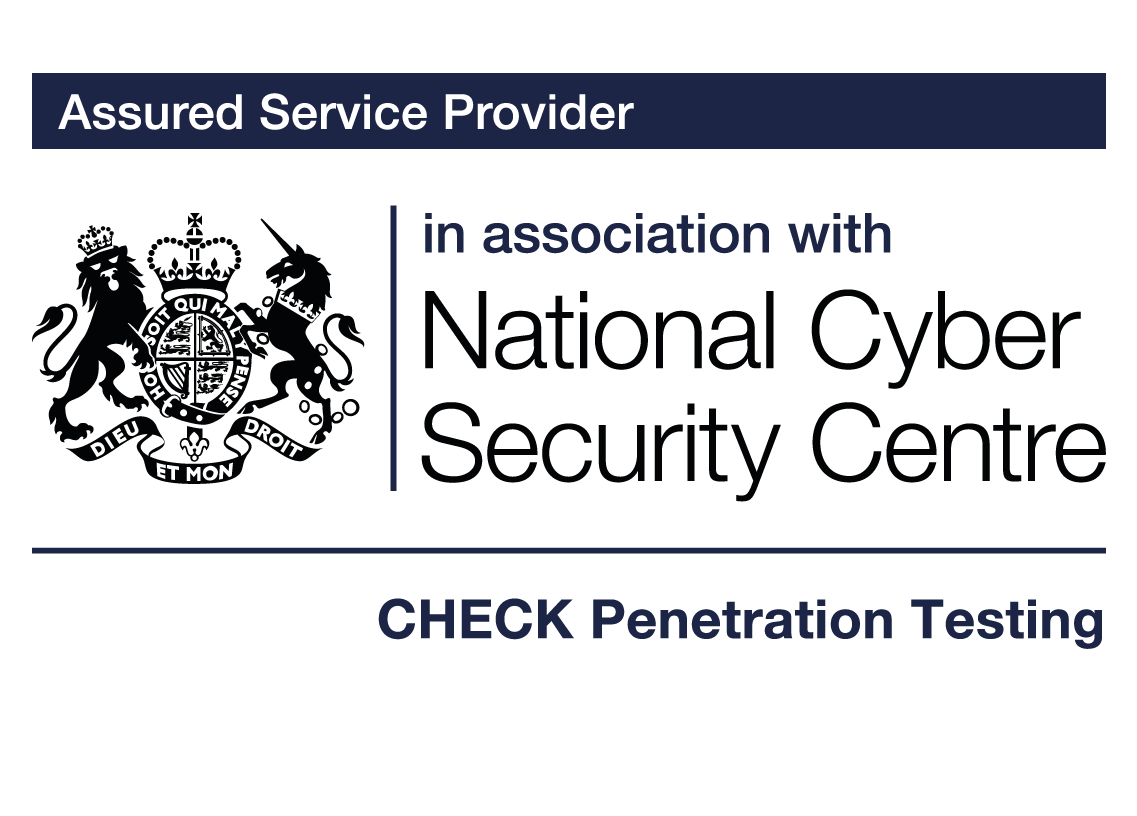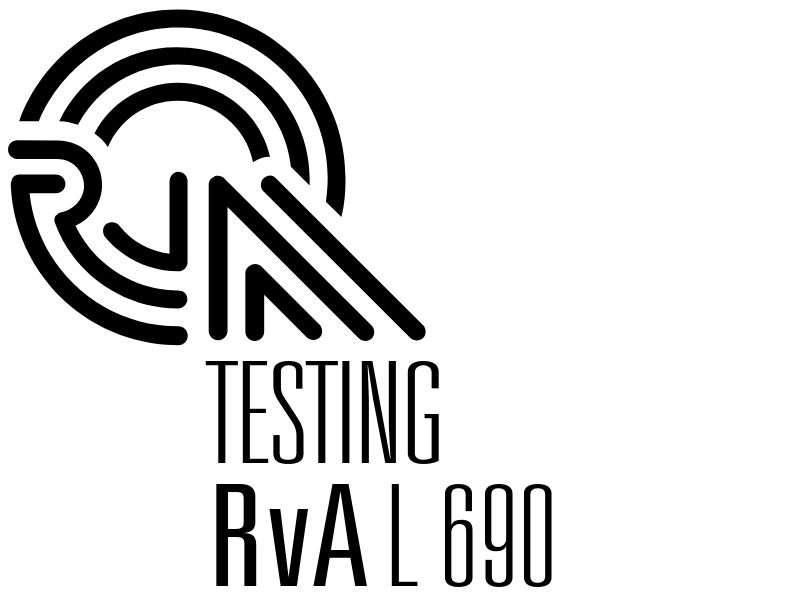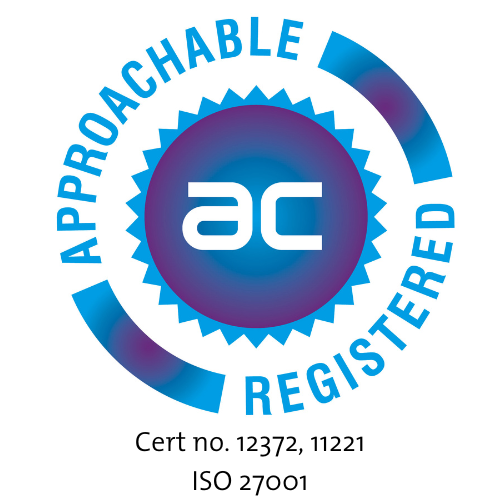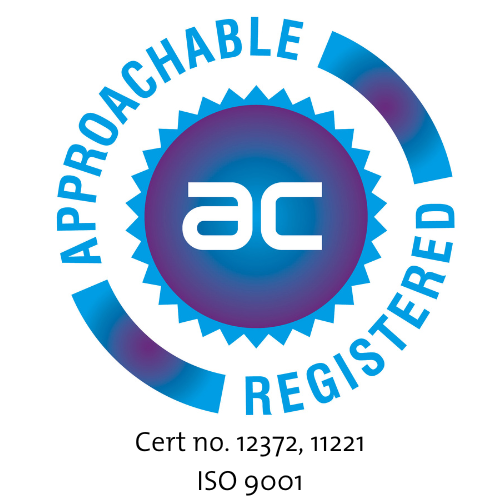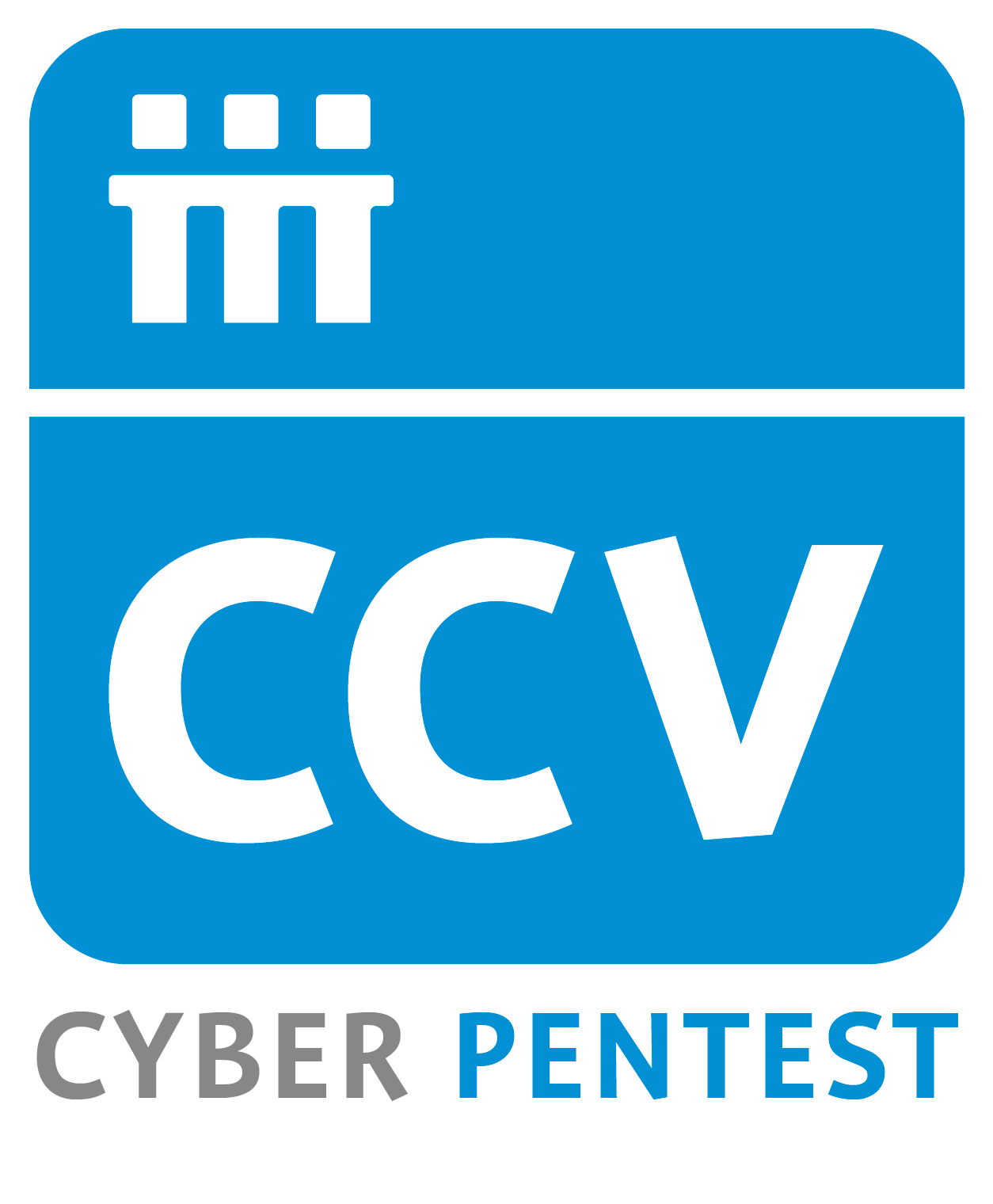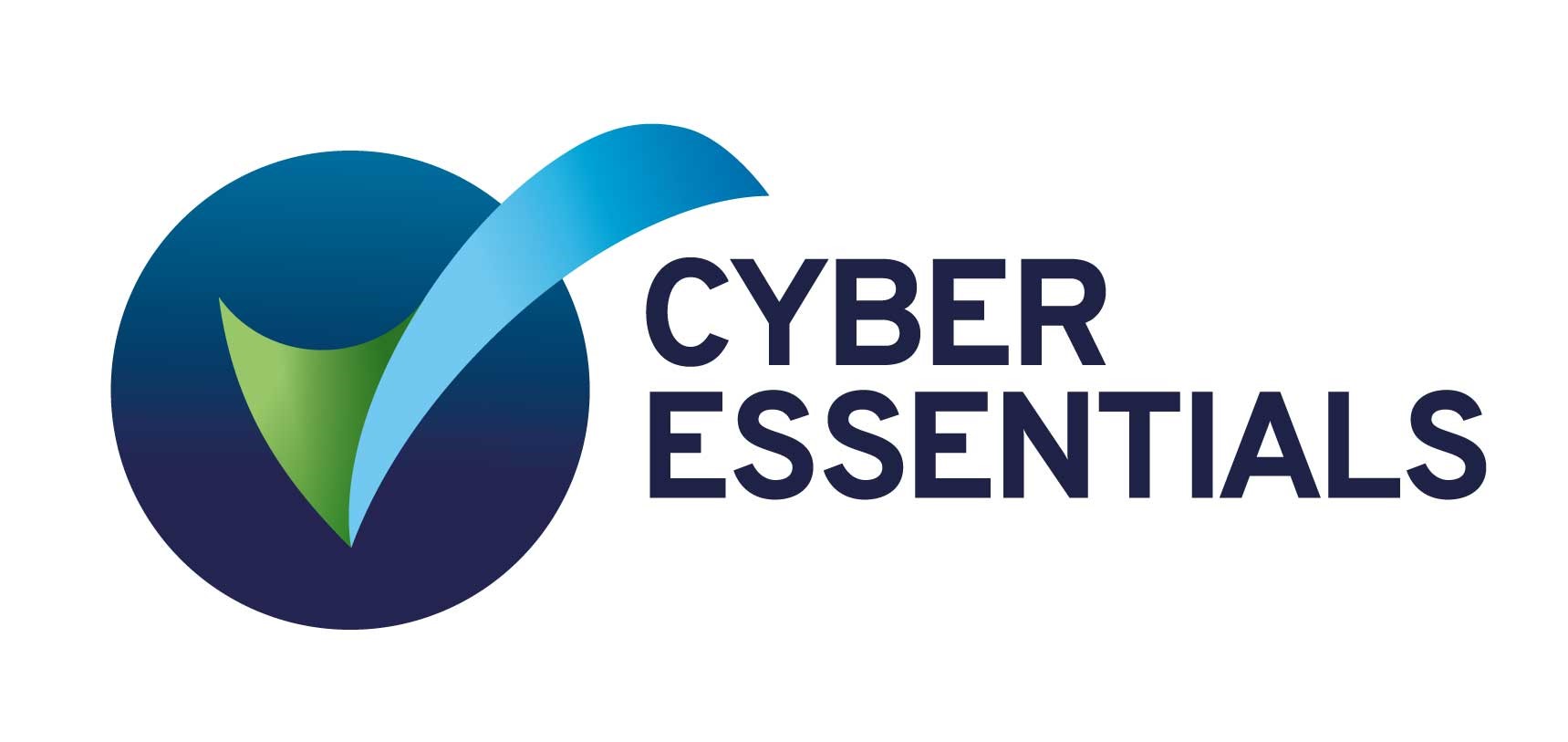Four takeaways from the OpenADR++ Users Conference Europe
by Bill Chard
Resillion was pleased to sponsor and attend the OpenADR Alliance’s User Conference Europe, held in London on June 6th and 7th. Over two full days and a packed agenda, we were treated to presentations and case studies across a broad range of energy flexibility topics, and took part in some insightful and sometimes challenging discussion sessions between the 100+ attendees.
Here are four of my main takeaways from the event.
-
- There’s Global momentum behind energy flexibility innovation.
This conference was hosted by the UK Government Department for Energy Security & Net Zero, and we heard lots about the UK’s Interoperable Demand Side Response programme, which is part of the up to £65m Flexibility Innovation Programme within the Department’s £1 billion Net Zero Innovation Portfolio, and the policy work driving these initiatives. The IDSR programme focuses on the consumer energy sector, but we also heard from Pearlstone Energy how they are using OpenADR for demand side response in the industrial sector in the UK. From further afield there were presentations from ElaadNL on OpenADR for smart EV charging, and from Cortexo on trials of an energy flexibility system in New Zealand. It’s clear that industry and governments worldwide see energy flexibility as vital in addressing future energy challenges. - The range of Distributed Energy Resources that can play a role is remarkable.
Electric vehicles are a huge factor in this whole movement, especially once bi-directional charging stations become mainstream and the EV battery becomes a true grid resource. This is reflected in the growing number of auto manufacturers taking an active interest in OpenADR and other energy flexibility standards, and indeed this conference included a session dedicated to the challenges of EV charging management.
There are challenges in using EVs as DERs though: for a start, it can be hard to manage a grid resource that by definition is mobile! The UK IDSR programme includes other types of resource: home battery storage, heat pumps and other home and water heating systems. Any system that heats a significant volume of water is a potential energy flexibility resource; a system that stores heat can be just as effective a resource as a battery that stores electricity. There’s also innovation in other types of thermal battery such as Sunamp’s products which are based on high performance phase change materials. - Consumer buy-in is critical.
This event was mostly focused on energy flexibility in consumer markets, and there was unanimous agreement that it’s better to achieve adoption through consumers opting in, than to force change directly through legislation. As a start, the industry needs to do more to help consumers understand how they can benefit: installing appliances that can support flexibility and signing up for flexibility services can offer significant financial savings. It’s not a silver bullet that will mean cheap energy for ever – the cost of energy is still likely to increase as the industry addresses environmental challenges – but consumers can help themselves by making the right choices.
Several speakers also noted the complexity of DSR and the potential for multiple actors and interface points a consumer may have to deal with: Virtual Power Plants and other aggregators, home energy management systems, the energy supplier and the various device manufacturers. Simplicity in both the onboarding and user experience (allowing a consumer to set their key constraints, like “I want my car charged for 7am every day” and leaving the rest to the system to manage) will be key, which means all parts of the process need to work smoothly together and be robustly tested functionally, for performance and security, and for useability. - Regulation and standardisation need to hit the right balance.
This is important for successfully winning consumer support: people will buy in to the concept of energy flexibility providing it delivers value, and providing it doesn’t restrict choice. This means appliances in the home that support energy flexibility must work together, and with any flexibility service, not just tying a consumer to a single platform. This interoperability comes from conformance with common standards. Standards conformance and product labelling also help to assure consumers that the products they are buying meet certain levels of quality. At the moment there is huge activity around standardisation in all areas of energy flexibility: the UK’s PAS 1878 for Demand Side Response, existing industry standards like OpenADR and EEBUS, EV smart charging standards like ISO15118 and OCPP, IEEE 1547 for interconnection of distributed energy resources with the grid… the list seems endless. As with any large-scale technology evolution, the standards, and the regulatory frameworks that government policies will require, will set the parameters within which industry stakeholders will continue to innovate and add value.
For example, while the UK standard PAS1878 requires OpenADR for communications between the grid actors and the home interface, it is agnostic about protocols between Energy Smart Appliances and that interface. Consider a consumer who wants to buy an electric vehicle charger from one provider that works with any V2X capable vehicle and can communicate DSR options alongside a heat pump from second vendor, and a PV system from third. Consumer choice and flexibility may require convergence at this level to common standards like Matter to achieve both national and consumer energy objectives.
- There’s Global momentum behind energy flexibility innovation.
The energy sector is undergoing massive change and the levels of innovation and activity are truly inspiring. At Resillion we’re excited to be a part of this, working with partners to enable innovation across the whole energy ecosystem through testing, demonstration and conformance validation. We’d love to hear from you and talk about how we can help with your projects, for more information contact me via [email protected].
Our Accreditations and Certifications
